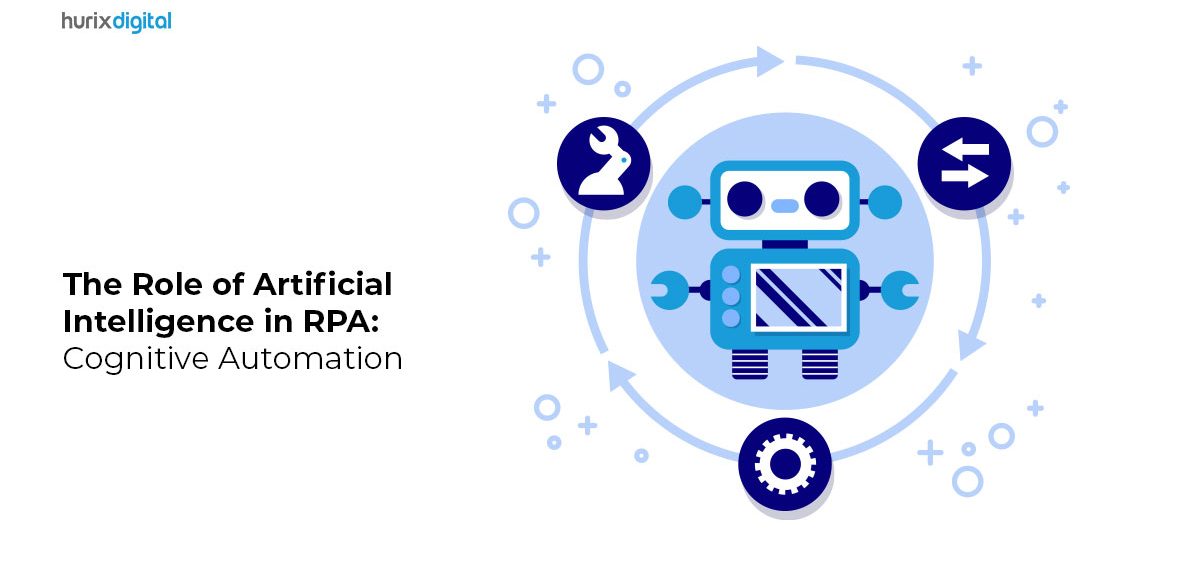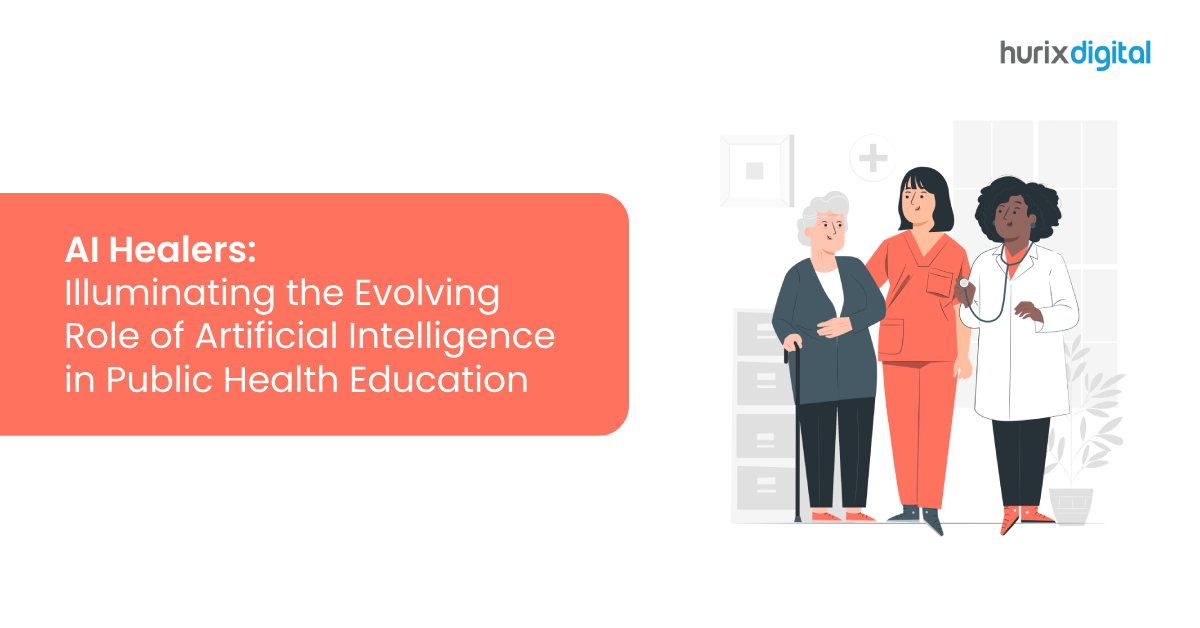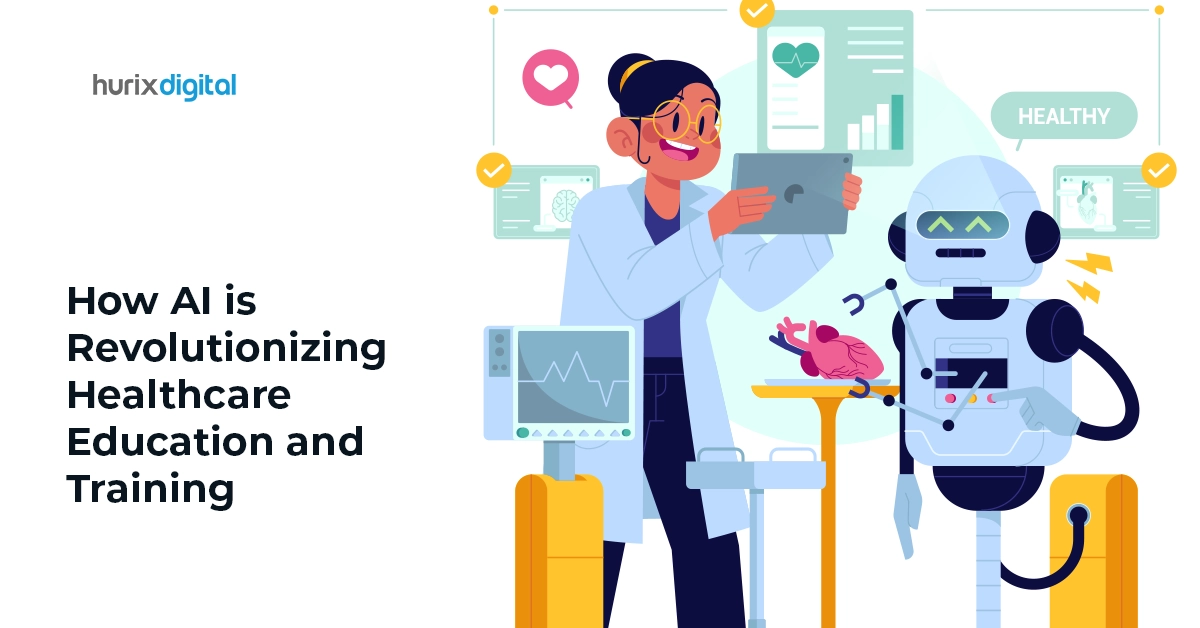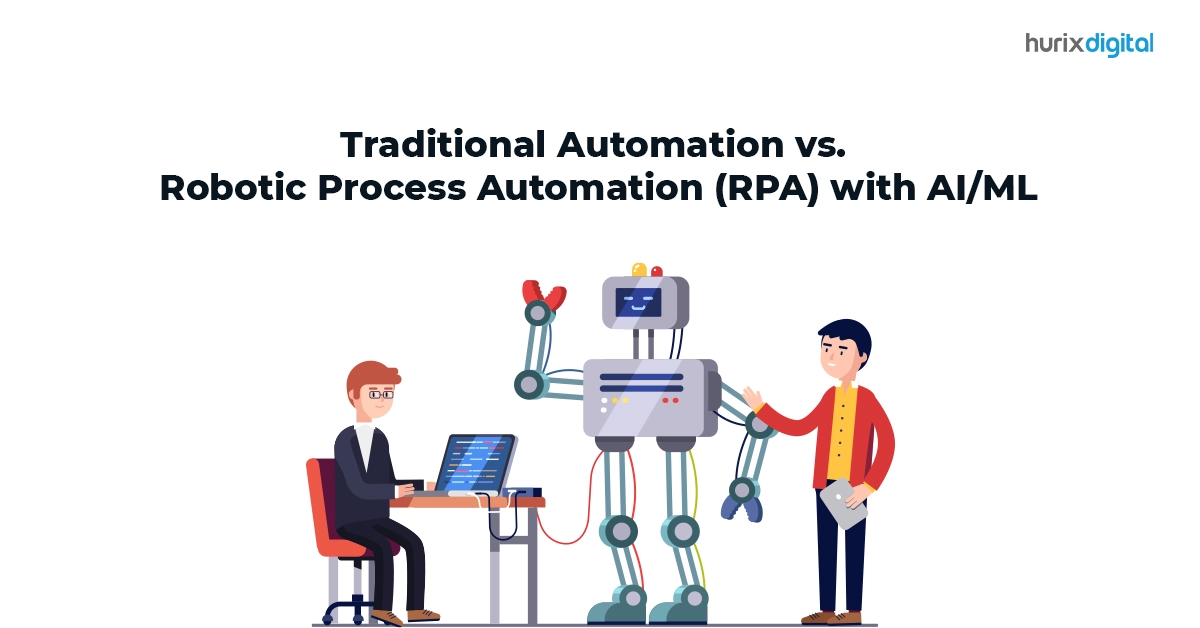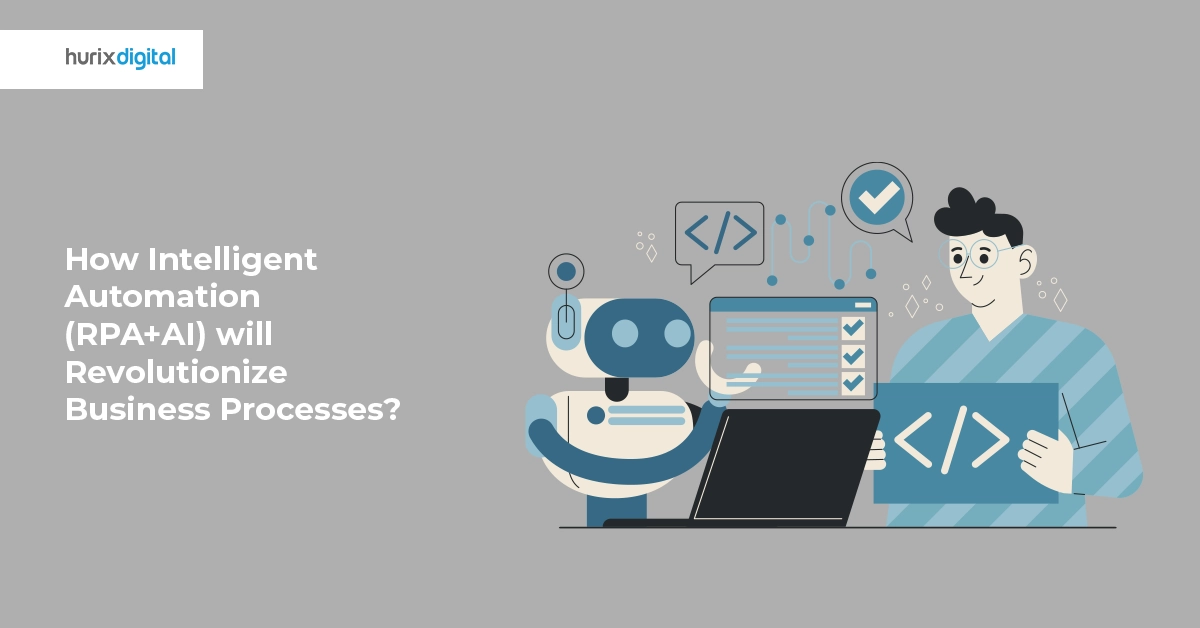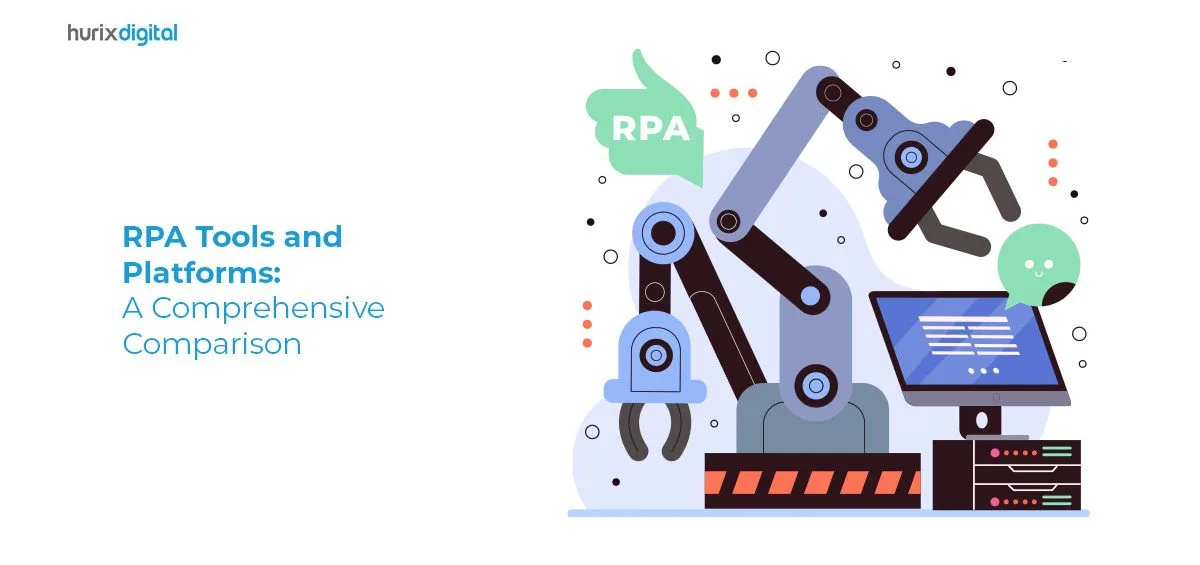Summary
This article provides an overview of the current limitations of RPA and machine learning, and how they can be overcome together.
Automation has become a game-changer in business, streamlining business operations and creating new growth opportunities. Today, nearly two-thirds of organizations use automation in one or more of their business processes.
Among the various automation technologies available, Robotic Process Automation (RPA) has emerged as a powerful tool for digital transformation. RPA technology is effective for automating manual tasks and improving efficiency.
However, it has limitations when handling unstructured data, making intelligent decisions, or adapting to dynamic situations. This is where AI complements RPA. Together they can provide more accurate and efficient automation powered by an informed knowledge base.
According to a recent Deloitte research, 73% of global executives admitted to having embarked on a path of intelligent automation. Read on to find out how RPA and machine learning can work together to offer intelligent automation.
Table of Contents:
- What are the Current Limitations of Robotic Process Automation?
- RPA and Machine Learning = Cognitive Automation
- What are the Business Benefits of Cognitive Automation?
- Artificial Intelligence in Robotic Process Automation: Use Cases
- Leverage Hurix for Intelligent Company Automation
What are the Current Limitations of Robotic Process Automation?
As mentioned above, there are some limitations to the kind of work standard RPAs can handle:
1. Tackling Complex Data
RPA works best on structured data that adheres to predefined formats. However, it can encounter difficulties with unstructured data like emails, handwritten documents, or images.
In such cases, RPA may require additional technologies like Natural Language Processing (NLP) or Optical Character Recognition (OCR) to extract meaningful information from these data.
2. Lack of Cognitive Abilities
A significant disadvantage of RPA is its inability to make independent decisions. While the technology excels at automating repetitive tasks, it may struggle with tasks that require complex decision-making.
Handling ambiguous situations is also not within the scope of standard automation tools.
3. Challenges Adopting Dynamic Processes
RPA technology is most effective when the process is well-defined. However, in dynamic environments where processes have frequent exceptions, RPA may face challenges. They may need manual intervention and adjustments to adapt to new variations.
These limitations have made it difficult for businesses to scale RPA. According to Delloite research, only 13% of executives are implementing automation at scale. That’s why the RPA industry is turning to AI technologies to enhance RPA’s cognitive abilities.
RPA and Machine Learning = Cognitive Automation
Cognitive automation combines AI technology with business automation systems to provide computers with the capacity to do tasks requiring cognitive abilities similar to those of humans.
When humans perform tasks, they use their perception, memory, intuition, reasoning, and judgment. They also keep the context in mind when processing information. Cognitive automation allows machines to do similar things.
With cognitive automation, machines can analyze massive amounts of data, identify patterns, understand and respond to human language, and reach sound conclusions. In simpler terms, they enhance automation’s intelligence and human attributes.
No wonder that 45% of organizations scaling automation combine RPA with AI.
Also Read: Benefits of Using RPA for Flash to HTML5 Conversion
What are the Business Benefits of Cognitive Automation?
Introducing artificial intelligence in business opens a tremendous potential for growth. Here are some apparent benefits of AI in company automation:
1. Increased Efficiency And Cost Savings
Unlike standard RPA, cognitive automation can handle complex data and processes efficiently. Automating these complex process save businesses the time and cost of hiring additional resources to complete the same.
Organizations implementing intelligent automation have already received an average 27% cost reduction from implementation to date.
2. Improved Accuracy
Cognitive automation tools not just complete tasks but also improve their accuracy. They minimize the chances of human errors by following logic consistently with the help of advanced technology like AI and machine learning.
Accurate task completion contributes to quality services and higher customer satisfaction.
3. Better Decision Making
By leveraging AI, automation tools can extract valuable insight from data and help you make data-driven decisions. They can analyze large volumes of data and identify patterns and trends.
With it, you will have information at your fingertips when making important business decisions.
4. Scalability and Flexibility
Cognitive automation tools can easily adapt to higher demands without additional equipment or human resources. It enables businesses to scale seamlessly without incurring significant costs.
These flexible systems are also capable of performing optimally during unexpected situations.
5. Enhanced Customer Experience
Cognitive automation has a significant impact on how customers view your company.
Automating consumer engagement allows you to deliver services more quickly and personalize responses. This boosts consumer satisfaction and brand loyalty.
6. Empowering Workforce and Innovation
Cognitive automation management handles mundane and repetitive tasks, enabling your team to utilize their time and expertise better. This not only boosts their morale but also encourages innovation.
Also Read: 7 Roles of Artificial Intelligence in Learning and Development
Artificial Intelligence in Robotic Process Automation: Use Cases
Now that you’ve understood the benefits of AI in RPA, let’s look at some prominent use cases of business AI:
1. Smarter Customer Support
We are all privy to how AI-powered chatbots and virtual assistants are revolutionizing customer service. These intelligent bots can offer 24/7 customer support and resolve issues immediately.
By combining the smarts of AI’s natural language processing with automation, businesses can provide personalized responses and ensure customer satisfaction.
2. Predictive Analysis
Cognitive RPA technology can be utilized in predictive analysis as well. It automates data analysis and pattern recognition, enabling organizations to make data-driven forecasts.
By leveraging cognitive technologies, it enhances accuracy and efficiency in deriving insights from data for proactive decision-making.
3. Effortless Document Processing
With cognitive automation, even processing unstructured data does not require manual intervention. Thanks to AI algorithms like Optical Character Recognition (OCR) and Natural Language Processing (NLP), businesses can quickly extract relevant information from bills, images, or contracts.
These technologies create digital copies of these documents so businesses can extract information from them in structured formats.
4. Managing Risks And Compliance
Another important application of AI in RPA is in the field of risk and compliance. AI algorithms can detect patterns and quickly identify abnormal events or shifts in datasets.
Businesses can proactively manage risks by investigating these anomalies in time. The real-time alerts and notifications from automation tools can help maintain compliance and prevent losses.
5. Personalizing Marketing And Sales
Personalization is the key to quick conversions, and AI automation can use this key most efficiently. AI algorithms can study customer history, analyze their needs and preferences and offer personalized recommendations.
By combining AI with automation tools, businesses can perform contextual targeting, making interaction more engaging and memorable for their audience.
Leverage Hurix for Intelligent Company Automation
At Hurix, we specialize in combining the power of AI with RPA to revolutionize company automation. Our AI-driven RPA services go beyond simple rule-based automation, empowering businesses to process unstructured data and handle complex tasks that require judgment.
Our expertise in integrating AI with RPA ensures that your business benefits from enhanced accuracy, improved productivity, and real-time insights for data-driven decision-making. Contact us today and discover how our AI-powered RPA services can drive your business toward digital transformation.


